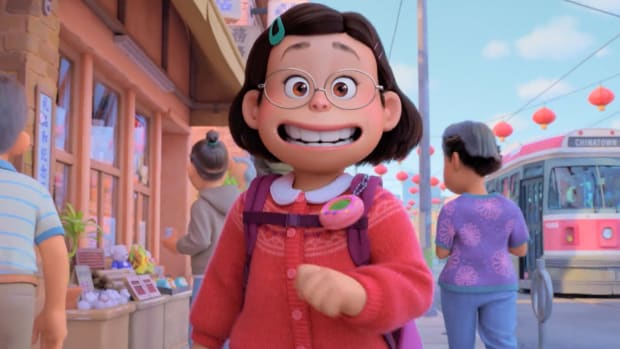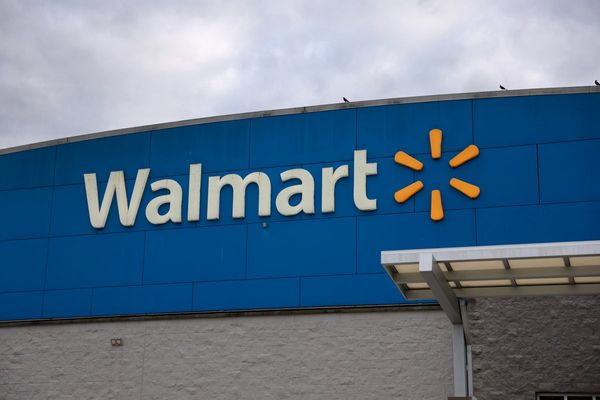Walt Disney (DIS) owns a world-class lineup of intellectual property that no other company can even sort of come close to.
Comcast (CMCSA), which competes with Disney in films, theme parks, and television may be in second but it's a vast difference. This isn't Coke and Pepsi, it's Coke compared to RC Cola.
The Disney lineup includes Star Wars, Pixar, Marvel, Disney's classic animation, the Muppets, Indiana Jones, and more. Owning this IP allows Disney to take away a lot of the mystery from the film and streaming business.
Basically, any Marvel character appears to make for a successful streaming show on Disney+, if not as a film franchise. It's hard to even name a failed Disney movie or streaming series with 2018's "Solo: A Star Wars Story" being the only recent example, and that "failure" still took in nearly $400 million globally.
Disney has the IP to get people to pay for its streaming network, visit its theme parks, and see its movies. The company doesn't really control the price of movie tickets and the pandemic made raising theme park prices (at least ticket prices) tricky, but Disney CEO Bob Chapek made it clear that Disney+ won't cost $8 a month or $80 a year forever.

Image source: Walt Disney.
Disney Has Major Streaming Content Plans
Disney clearly wants to make Disney+ a draw for people and it has even taken movies that were intended to be theatrical releases -- including the just-released "Turning Red" from Pixar -- on the streaming service.
The company has devoted billions of dollars to creating programming for Disney+, but the pandemic did cause it some problems, Chapek said during his company's first-quarter earnings call.
"We maintain that we offer an extraordinary price/value relationship around the world for Disney+. Obviously, the last few years, pretty much the entirety of the launch of Disney+ has been plagued by COVID-related production interruptions," he said.
The pandemic made producing television shows a challenge but it also led to Disney using films like "Mulan," and "Hamilton" as drivers to get people to sign up for its streaming service. Hamilton was included in the regular price while "Mulan," cost an extra $30 while the film also played in theaters.
Chapek noted that even though the pandemic caused some production delays, Disney has reached one of its major goals.
"Plus, in all fairness, our own recognition that we needed to essentially double our production output. You put those two things together, and we certainly have less content than we want. But as we've said over the last few earnings calls, that will rectify itself in the second half of this year. We've already reached one of our two goals," he said. "One of the goals was to go ahead and ensure that we had a new title every week, and we've achieved that."
When Will Disney Raise the Disney+ Price?
Chapek made it clear that any price increase would be tied to the company hitting its second goal.
"By 2023, we want to get to a steady-state, which is even higher than we have right now," he said. "And I think that will give us the impetus to increase that price/value relationship even higher and then have the flexibility if we were to so choose to then look at price increases on our service. But it's all about content, content, content."
More content, according to the CEO means more value, and that justifies higher prices.
"And we are bullish about our future content going forward, not only in terms of quality but also in terms of quantity. And that's really what's driving our bullishness for what we might see as the pricing power that we would have going forward," he added.







